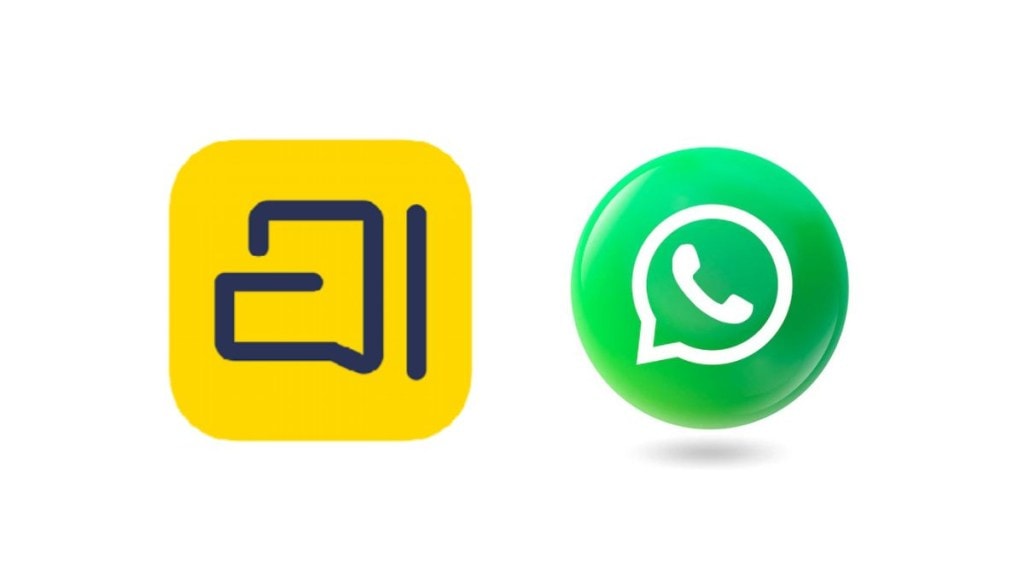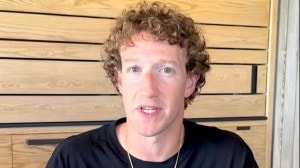Arratai, instant messaging platform developed by Zoho Corporation’s is gearing up to introduce end-to-end encryption (E2EE). The company has been planning to introduce the feature for quite some time now, since it is already offered on WhatsApp, its rival. Now, the company’s CEO, Sridhar Vembu, is asking users for input on whether encryption should be enabled by default or remain an optional feature.
This move shows Zoho’s active approach towards the pivotal privacy feature. Moreover it shows importance of considering users concerns like balancing privacy, usability, and performance.
What are the two options?
In a recent post on ‘X’ , Sridhar Vembu explained that Arattai’s next update will include an “E2EE” tab. This will be, allowing users to secure one-on-one chats with encryption. However, the Zoho team is considering two different rollout strategies.
The first option is to make encryption optional, giving users the freedom to enable it for specific chats. If one participant activates encryption, the system automatically secures that conversation for both users.
The second, and arguably simpler option, is to make encryption the default setting for all personal chats. According to Vembu, this default approach could actually be “cheaper” for Zoho in terms of maintenance and infrastructure.
Both options are important, but they represent two different philosophies which are user control versus universal privacy.
Why is end-to-end encryption important?
Default encryption, is already the standard in apps like Signal and WhatsApp, guarantees that all private conversations remain secure without requiring users to adjust settings. It simplifies privacy protection for all kinds of users and builds trust by ensuring data remains confidential at all times.
Additionally, making encryption optional provides more flexibility for users who may need features such as chat backups, data synchronization across devices, or easier cloud storage.
Zoho’s transparency in acknowledging these cons of encryption shows a practical understanding of real-world user needs and the technical challenges of offering both security and convenience.
A Step Forward for Indian Tech
Arattai, has evolved into a feature-rich messaging app offering voice calls, video chats, and file sharing. Zoho’s decision to discuss opinions on encryption shows its commitment to community-driven product development which a rare move among major indian tech firms.
As global debates about digital privacy intensify, Arattai’s encryption decision could set an important precedent for Indian-developed apps. If Zoho opts for default encryption, it will align Arattai with the world’s most secure messaging platforms while reinforcing India’s growing emphasis on data sovereignty and user protection.
The Road Ahead
Zoho’s Co founder Sridhar Vembu’s open call for feedback shows a shift in how privacy features are introduced in homegrown apps. By involving users directly, the company is ensuring that the final design reflects real preferences, not just technical possibilities.
Although whichever option Zoho chooses, Arattai’s upcoming encryption feature signals a strong commitment to privacy and transparency. This is a step that could help redefine how Indian tech companies approach secure digital communication in the years to come.







